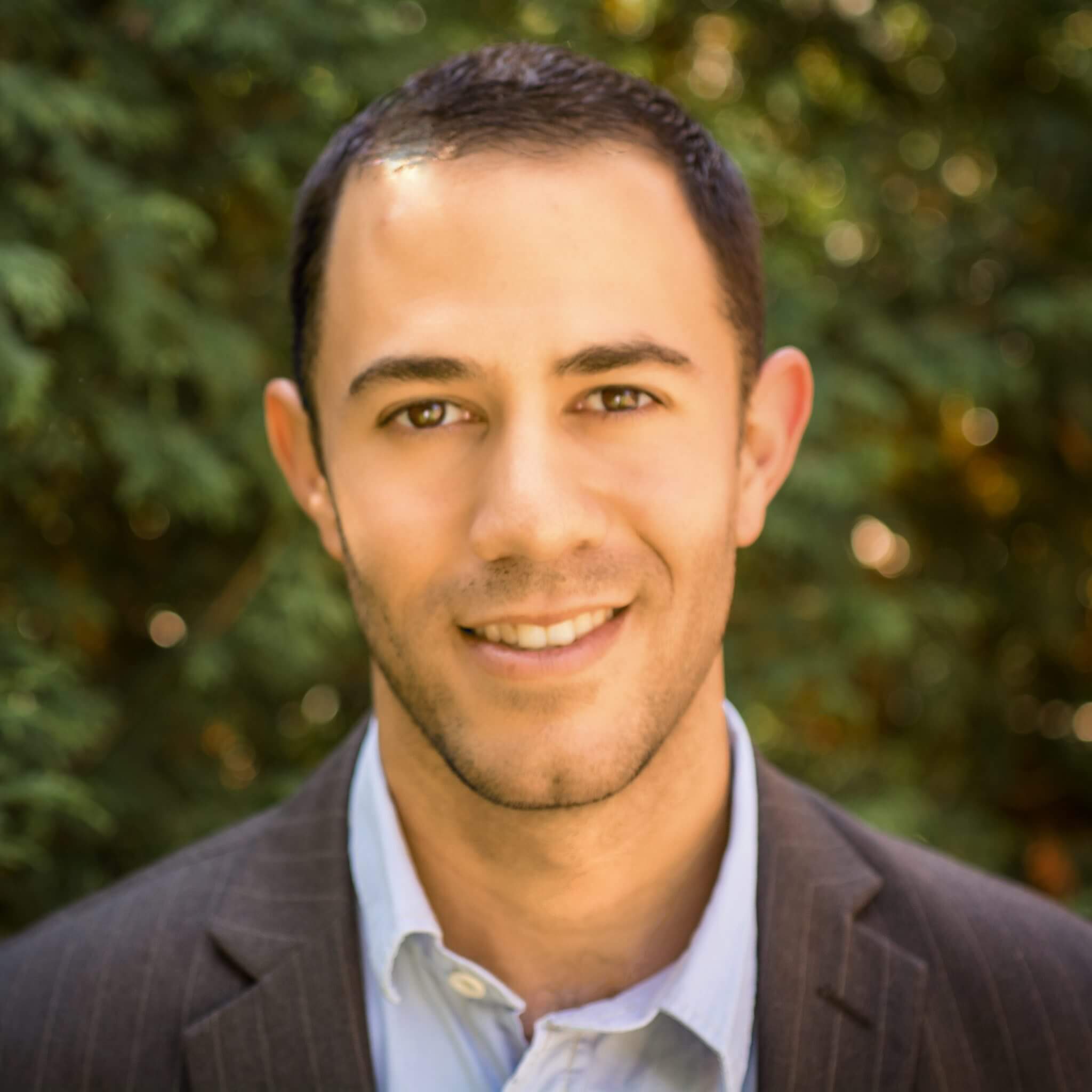On January 14, joint teams of students from the Technion and Cornell Tech participated in the final event of a semester-long ideas course. At this event they presented the solutions they developed for various health challenges

The Corona epidemic presented humanity with many difficulties, but also provided opportunities for developing creative ways to overcome them. On January 14, joint teams of students from the Technion and Cornell Tech participated in the final event of a semester-long ideas course. At this event they presented the solutions they developed for various health challenges.
The course was the first virtual version of iTrek, an annual program of the Technion-Cornell Jacobs Institute at Cornell Tech, which brings graduate students from Cornell Tech to Israel to collaborate with students and faculty members from the Technion. Although the epidemic confined the students of Cornell Tech to their homes, it did not prevent them from visiting Israel in a virtual format and working shoulder to shoulder with their colleagues in Haifa.
This year, the iTrek program was organized under the leadership of Jacobs Institute personnel Michael Ascocia, Assistant Director for Operations, and Lucy Milanes, Project Manager and Program Coordinator at the Technion, and the MindState Ideas Lab. MindState, founded by Tamar Meni (Shanker College and Tel Aviv University) and Henk Van Essen (Yale University and Parsons School of Design), investigates global challenges in an interdisciplinary design thinking methodology and strives to achieve innovation-based change.
The main event, held under the title Time to Care, was a joint project of MindState, the Technion and Cornell Tech with the assistance of the Tel Aviv Medical Center named after Soraski (Ichilov).
The program was led by academic Dr. Joachim Bahar, head of the Laboratory for Artificial Intelligence in Medicine (AIMLab) in the Faculty of Biomedical Engineering at the Technion; Prof. Ron Barchman, director of the Technion-Cornell Jacobs Institute; and Prof. Ariel Orde, head of the Jacobs program at the Technion. Sophia Segal from the Faculty of Biomedical Engineering at the Technion assisted in the teaching.

12 multidisciplinary teams of students from the Technion and Cornell Tech and professional designers from companies including Wix, Lightricks, Google, Climacell and Similar Web participated in the competition through Zoom and GatherTown virtual spaces. Accompanied by mentors from Ichilov, the participants faced a wide variety of problems, including communication between patients and the care team, challenges in the nurses' work routine, early diagnosis of Alzheimer's and even handling leftover food in hospitals.
The winning group proposed in the ideas competition the Defi – A portable defibrillator that is charged from the mobile phone device. The group includes three students from the Technion campus in Haifa - Ruit Abel, Alon Gilad and Idan Shenfeld and two from Cornell Tech: Ashley Day and Eric Chen.
The availability of a defibrillator may save the lives of people suffering from cardiac arrest, and members of the group proposed a concept that would eliminate the need for a large battery, which takes up most of the volume of existing defibrillators. The cancellation of the large battery will be possible through fast charging, which takes a few seconds, from the mobile phone. The application accompanying the device will provide instructions, automatically call emergency services and provide the medical teams with real-time information about the patient's condition. If the concept turns out to be applicable, the defibrillator of the future will be compact, cheap and easy to use.
The second prize was won by the Minder group, which developed an idea that would help the elderly population monitor medication consumption and maintain daily contact with doctors. Third place was won by the Libi group, which developed an idea that would help people recovering from cardiac arrest by reducing the risk of a second event through monitoring and education.
By creating a meeting between people from academia and leaders from industry, while blending different skills, the ideas competition became a special and extraordinary experience for the participants. The members of the winning Defi group attributed their win to "the opportunity to work with leading experts in the field and learn about the business sides of creating technological conceptual solutions". They added that "We in the group also come from different fields; The competition gave us an opportunity to combine forces, come up with different ideas and achieve together what none of us could achieve alone."
Innovation, design thinking and social impact have always been the driving force behind the iTrek program at the Jacobs Cornell Technion Institute. Prof. Roni Gamzo, CEO of Ichilov and one of the judges in the competition, concluded the closing event by encouraging the teams. He told the students: "Keep innovating, because this is the way to promote medicine even in a time of epidemic and pandemic."
Prof. Ariel Oradea, head of the Jacobs program at the Technion, said: "The partnership between the Technion and Cornell University on the Cornell campus and the Jacobs Institute opens up extraordinary opportunities for the faculty members and students of both institutions. The current joint course and its excellent products are a wonderful example of this."
The students who participated in the competition are paying towards their bachelor's and master's degrees. The Defi group was guided by the Director of the Cardiovascular Research Center (CVRC) Prof. Yaron Arbel and the MD of the Ichilov Hospital Eyal Kellner. The design team was assisted by Elad Rahamim, Vera Mordkhaiv and Oren Elbez from the Climacell company.
The activity was funded by the Technion, the Jacobs Institute at Cornell Tech and the Council for Higher Education in Israel, as well as by Monday and IMed Medical Habitat. The prizes, totaling $10,000, were donated by the Dr. Joseph Holt and Helen Maccabi Rose Foundation.
More of the topic in Hayadan:
